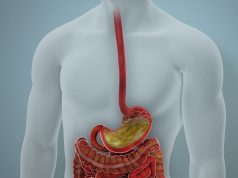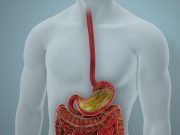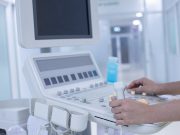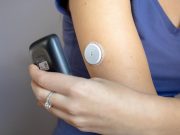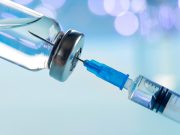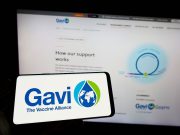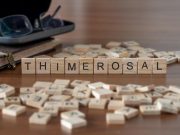In addition to no difference in patient outcomes with lower threshold, the authors say relaxed potassium control is cost-saving
By Lori Solomon HealthDay Reporter
WEDNESDAY, Sept. 4, 2024 (HealthDay News) — Potassium supplementation at a threshold of <3.6 mEq/L is noninferior to the current 4.5-mEq/L threshold to prevent atrial fibrillation after coronary artery bypass grafting (CABG) surgery, according to a study published online Aug. 31 in the Journal of the American Medical Association to coincide with the European Society of Cardiology Congress 2024, held from Aug. 30 to Sept. 2 in London.
Benjamin O’Brien, M.D., Ph.D., from Charité – Universitätsmedizin Berlin, and colleagues sought to determine whether a lower serum potassium concentration trigger for supplementation is noninferior to a high-normal trigger. A total of 1,690 patients undergoing CABG surgery were randomly assigned to tight or relaxed potassium control (only supplementing if serum potassium concentration fell below 4.5 mEq/L or below 3.6 mEq/L, respectively).
The researchers found that the primary end point of clinically detected and electrocardiographically confirmed new-onset atrial fibrillation after cardiac surgery (AFACS) in the first 120 hours after CABG surgery or until hospital discharge occurred in 26.2 percent of patients in the tight group and 27.8 percent of patients in the relaxed group. The groups were similar with respect to the incidence of at least one AFACS episode detected by any means or by ambulatory heart rhythm monitor alone, non-AFACS dysrhythmias, in-patient mortality, or length of stay. In the relaxed group, per-patient cost for purchasing and administering potassium was significantly lower (mean difference, $111.89).
“The widespread practice of seeking to maintain high-normal serum potassium concentration after CABG surgery can be abandoned,” the authors write. “This will reduce health care costs and decrease patient risk from an unnecessary intervention.”
Several authors disclosed ties to the biopharmaceutical and medical device industries.
Copyright © 2024 HealthDay. All rights reserved.



